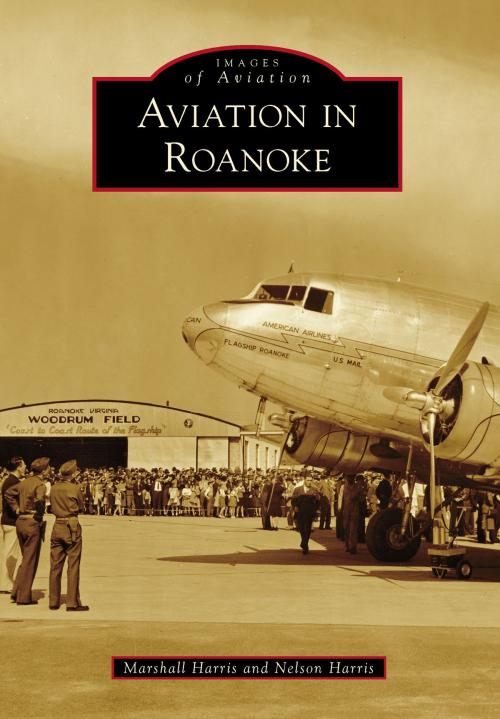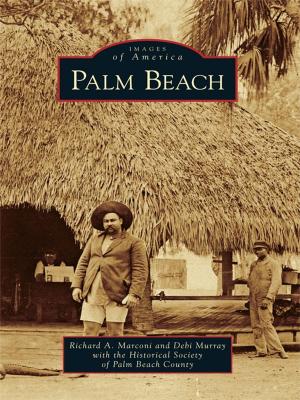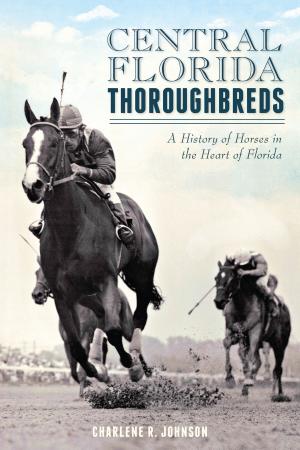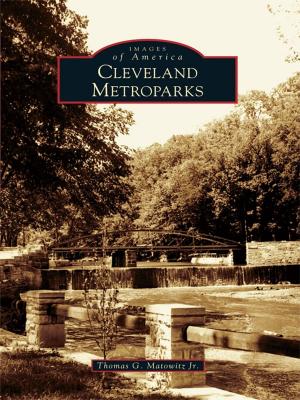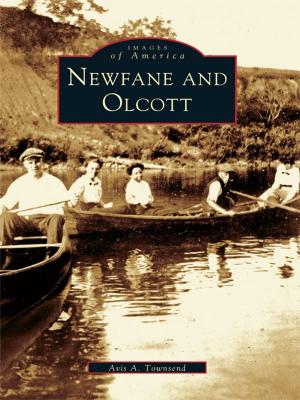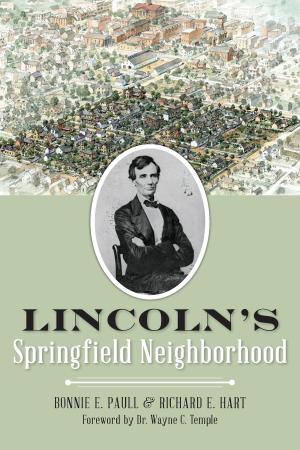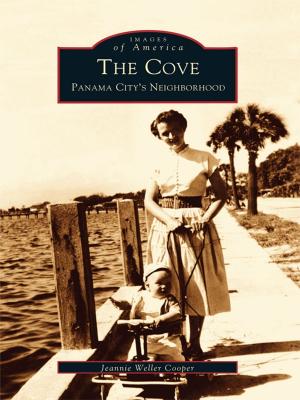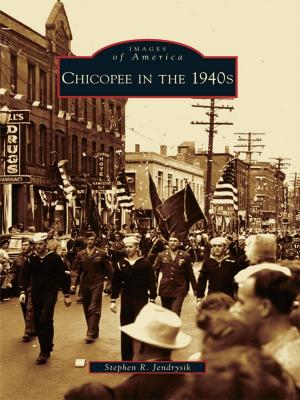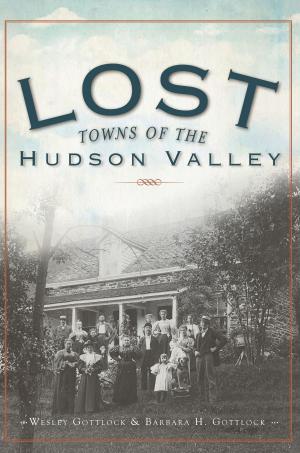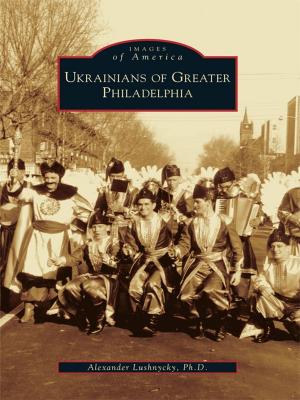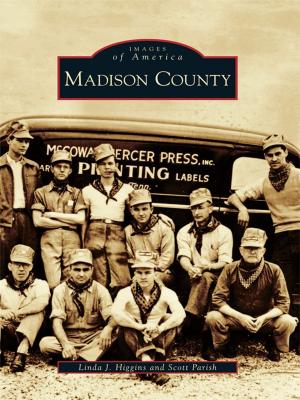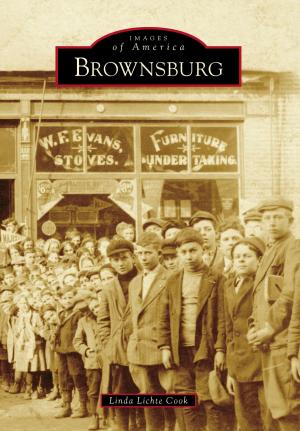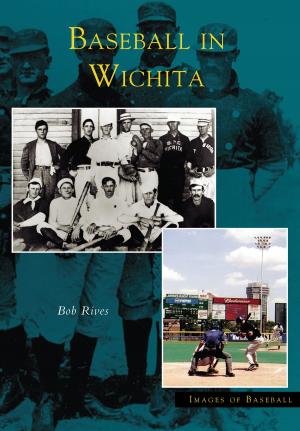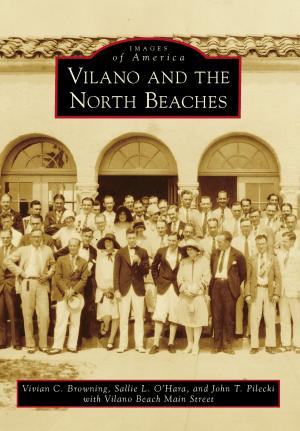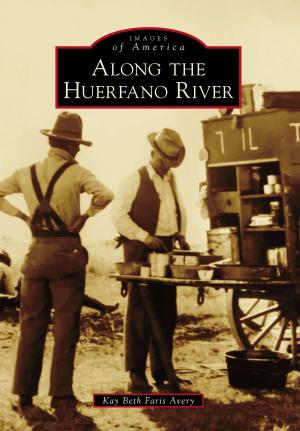Aviation in Roanoke
Nonfiction, Reference & Language, Transportation, Aviation, Commercial, History, Art & Architecture, Photography| Author: | Nelson Harris, Marshall Harris | ISBN: | 9781439645208 |
| Publisher: | Arcadia Publishing Inc. | Publication: | May 19, 2014 |
| Imprint: | Arcadia Publishing | Language: | English |
| Author: | Nelson Harris, Marshall Harris |
| ISBN: | 9781439645208 |
| Publisher: | Arcadia Publishing Inc. |
| Publication: | May 19, 2014 |
| Imprint: | Arcadia Publishing |
| Language: | English |
In 1910, an awestruck crowd at the Roanoke Fair got its first glimpse of powered flight when a Curtiss biplane soared overhead. Within the next decade, gliders were lifting off from hills in South Roanoke and cow pastures were being converted into airstrips. Once Roanoke Municipal Airport was developed in 1929, earlier local airfields such as Cook, Trout, and Horton Fields were rendered inactive. Then in 1941, when�with federal assistance� the municipal airport became Woodrum Field, the region�s air travel transitioned into the modern era and brought services from major airlines to the area. Roanoke�s aviation reputation continued to grow when the city played a critical role in military air travel and training during World War II, leading its airport to become one of the busiest on the East Coast. Aviation in Roanoke tells the stories of early airfields, the growth and transformation of Woodrum Field, and the adventures of Roanoke�s aviation pioneers.
In 1910, an awestruck crowd at the Roanoke Fair got its first glimpse of powered flight when a Curtiss biplane soared overhead. Within the next decade, gliders were lifting off from hills in South Roanoke and cow pastures were being converted into airstrips. Once Roanoke Municipal Airport was developed in 1929, earlier local airfields such as Cook, Trout, and Horton Fields were rendered inactive. Then in 1941, when�with federal assistance� the municipal airport became Woodrum Field, the region�s air travel transitioned into the modern era and brought services from major airlines to the area. Roanoke�s aviation reputation continued to grow when the city played a critical role in military air travel and training during World War II, leading its airport to become one of the busiest on the East Coast. Aviation in Roanoke tells the stories of early airfields, the growth and transformation of Woodrum Field, and the adventures of Roanoke�s aviation pioneers.
